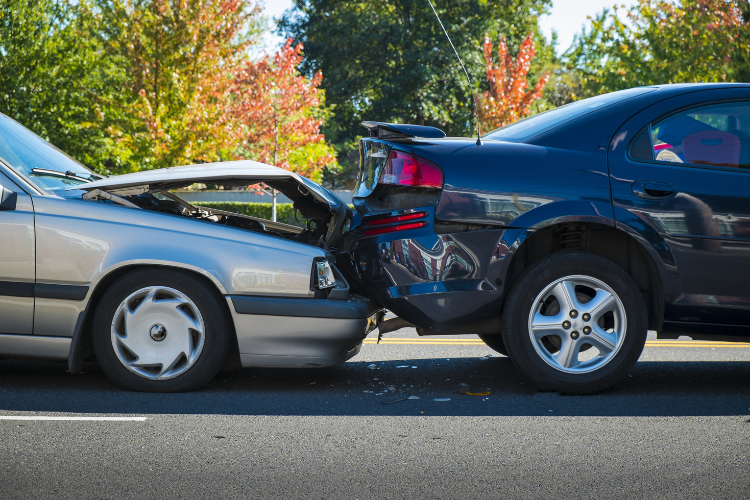Here’s How To Make Your Car Insurance Deductible Work In Your Favor
An auto insurance deductible is an out-of-pocket expense for which you are responsible when a loss is covered by insurance. For example, suppose you are involved in an automotive collision. Once the amount of damage is ascertained, you’ll be on the hook for a certain amount deducted from the insurance payout.

What Is A Deductible?
The sharing of risk between the insurance company and policyholder is agreed upon when the policy is established. Deductible information, as well as policy premium amounts, can usually be found on your account on the insurance company’s website. Or you can look over your hardcopy insurance policy on the declarations page.
Deductible amounts vary. If you establish a lower deductible, your periodic insurance premium payments will be higher. You can lower the premium costs by gambling with a higher risk, but your deductible will be higher. Different states have varied rules, and prices can also differ from company to company. Comparison shopping for quotes when you are shopping for insurance is a smart move.
When you have a loss, the insurance company will determine how much it will pay out. The deductible amount is then subtracted from that total. So if you have a $1,000 deductible, for example, and a $6,500 loss, you are responsible for the deductible and the insurance company pays the rest.
Even in the case where another party is at fault, the insurance company (or authorized repair shop) may require you to pay the deductible before they release your vehicle. Then the insurance company may go after the other party’s insurance, where applicable, in a process known as subrogation. This process will most likely involve trying to recover your deductible as well. If they are unsuccessful—or unwilling to pursue the other party—you may have to explore legal avenues for restitution.

Higher Or Lower Deductible: Which Is The Better Choice?
There are multiple factors to consider when you buy auto insurance. You should obtain quotes from reputable companies. And don’t miss trustworthy Internet-based companies for competitive pricing.
When you examine these quotes side-by-side, be sure to match “apples to apples,” identical or nearly identical services to each other. In comparing policies and later choosing one, you’ll need to decide whether to select a higher or lower deductible. Some insurance companies offer “safe driver” bonuses.
When you have emergency savings set aside, choosing a higher deductible and lower premiums may make more sense. In the case of a loss, you can draw from the savings. This choice will also make sense if you earn interest on the savings.
Keep in mind that no matter how safe you are, you could be hit by an uninsured or underinsured driver and be on the hook financially. If you live in a metropolis with a lot of traffic, you may also want to factor in the higher accident risk.
Without any or enough emergency savings, it might make more sense to go for a lower deductible. You’ll pay more in each premium, but the lower deductible might be an amount you can readily afford to pay in the case of an accident. Alternatively, you could go for the higher deductible and sock away the premium difference into an account that earns interest or safely invest it.
Either way, if you find you cannot pay the deductible, you might explore other options. You can request the insurance company pay you directly and choose a different body shop for a cheaper repair option. You could decide on partial repairs, perhaps leaving minor cosmetic damage unrepaired until a later date out-of-pocket. The body shop may work out a payment plan with you, or you could obtain a loan. All these decisions have to take into consideration the best avenue for your particular financial situation.
